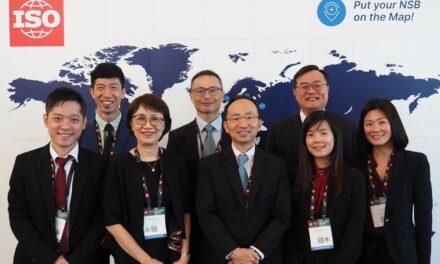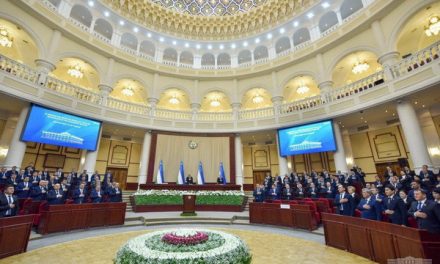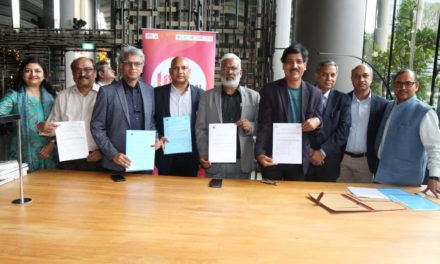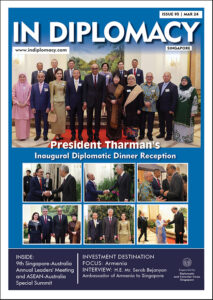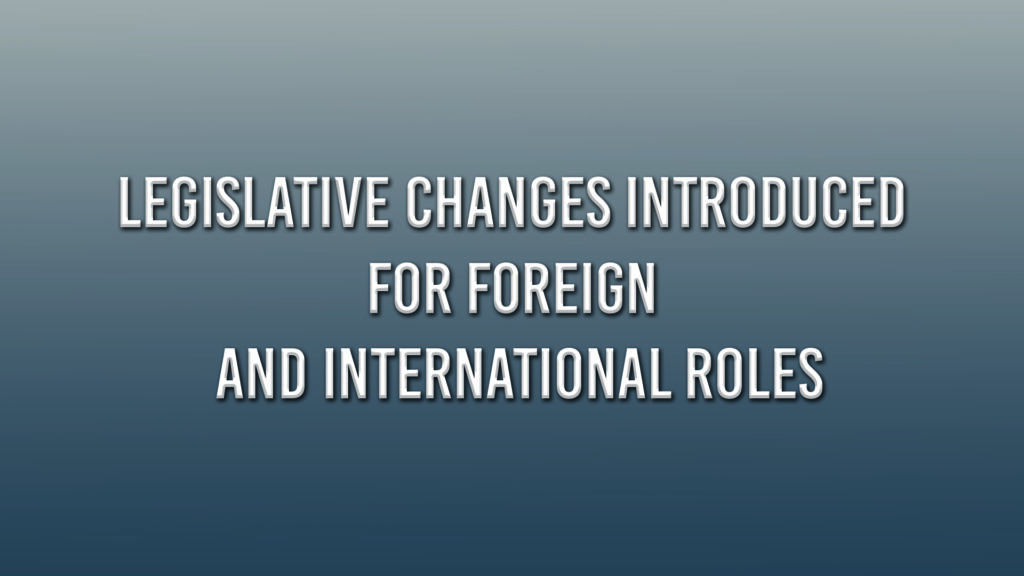
The Constitution of the Republic of Singapore (Amendment No. 3) Bill proposes a legal framework to govern the acceptance of foreign and international roles by the President and Ministers in their private capacities.
The Constitution of the Republic of Singapore (Amendment No. 3) Bill was introduced in Parliament on 6 November 2023. This bill aims to establish a legal framework that would allow the President and Ministers to accept appointments in foreign and international organizations in their personal capacities, provided it aligns with the national interest.
From time to time, the President and Ministers receive invitations to take up significant positions in foreign and international organizations. Such appointments can enhance Singapore’s global standing and serve the nation’s best interests. Currently, these positions are offered for individuals to serve in their private capacities rather than their official roles. However, the existing Constitution does not provide clear guidance for the President to undertake public roles in his private capacity.
To address this, the proposed bill seeks to amend the Constitution, creating a framework that empowers the President to perform foreign and international roles in his personal capacity, subject to the advice of the Cabinet and when it is deemed to be in the national interest.
While the current law doesn’t prohibit Ministers from serving in foreign and international organizations in their private capacities, the bill aims to establish a comprehensive framework for them as well.
Under the proposed amendments, the President may accept and hold an office in a foreign or international organization in his private capacity under specific conditions. These include ensuring that the President is not prohibited by Article 19A(1) of the Constitution and receiving advice from the Cabinet affirming that it is in the national interest. The President, at his discretion, must also concur with the Cabinet’s advice.
Similarly, the bill outlines conditions for a Minister to accept and hold an office in a foreign or international organization in their private capacity. This includes compliance with Article 33 of the Constitution and obtaining permission from the Prime Minister, who must consider it to be in the national interest. The Prime Minister may also provide instructions to the Minister regarding their role in the international organization.
Any acceptance or relinquishment of an office by the President or a Minister under this framework will be published in the Gazette. The second reading debate for the Bill is scheduled for the next session of Parliament.

